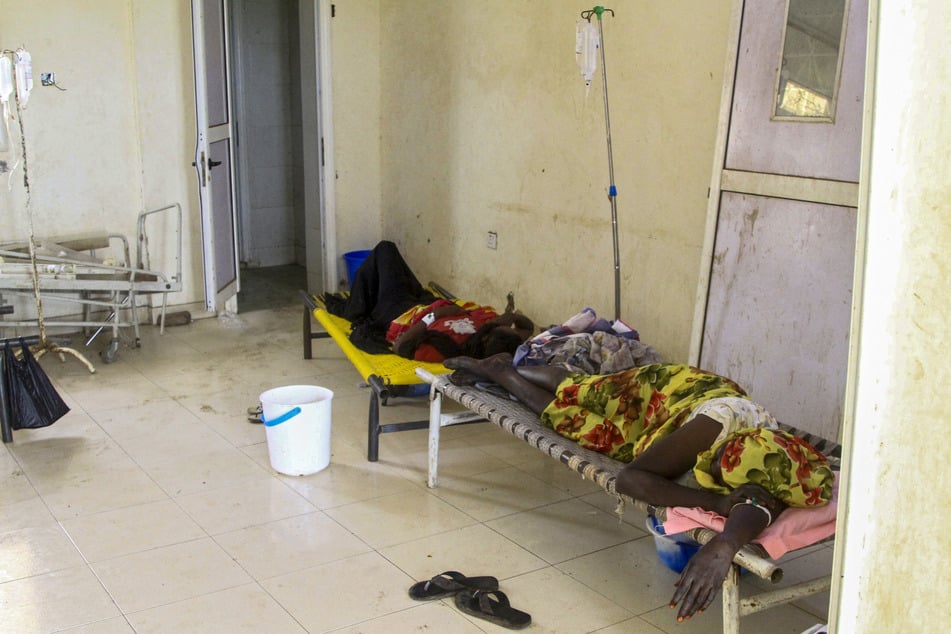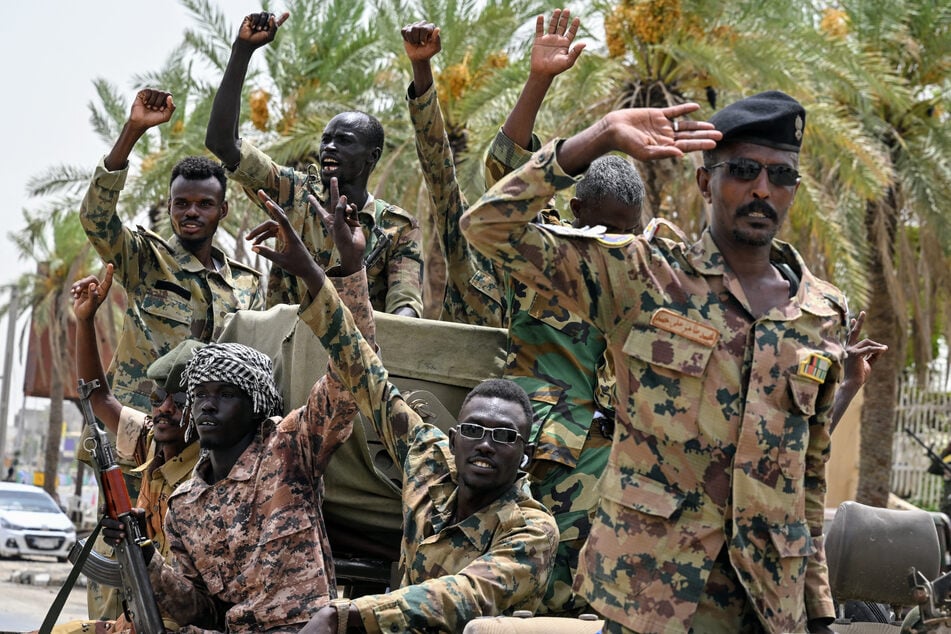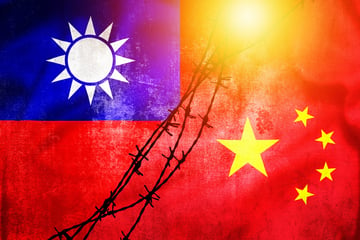War-ravaged Sudan battles cholera epidemic
Kassala, Sudan - Lying on a hospital bed, Aisha Mohammed said she is "suffering" from cholera symptoms, an increasingly common ailment in Sudan where a prolonged war has ravaged the healthcare system.

Cholera, caused by contaminated water or food, had been common in Sudan, particularly during the rainy season even before war broke out in April 2023 between rival generals.
But more than 16 months of fighting have forced most hospitals out of service, leaving the country of 48 million people struggling to control the sometimes deadly but treatable disease.
Sudanese authorities and the United Nations have reported a surge in cholera cases amid several weeks of torrential rains that have battered parts of Sudan and displaced thousands.
Rains and floods have contributed to a resurgence of the largely waterborne disease, which can cause severe dehydration and lead to death within hours if not treated.
The health ministry on Monday declared an epidemic, later reporting 556 cholera cases including 27 deaths, most in Kassala state where Wad al-Hulaywah is located.
Nearby Gedaref state has also been hit particularly hard, the ministry said.
The World Health Organization said Sudan has had at least 11,327 cholera cases, 316 of them deadly, since June 2023.
In Wad al-Hulaywah alone, "we've counted 150 cases so far, among them seven dead" since late July, local health official Adam Ali said.
How is regional flooding causing a rise in cholera cases in war-torn Sudan?

Sudan's Health Minister Haitham Ibrahim said "climatic conditions and water contamination" were behind the epidemic.
Before the start of the war between Sudan's army and paramilitary forces, the UN had said that about 40% of Sudanese did not have access to clean water. Conditions have since worsened.
"Our problem is drinking water," said Ali.
Most residents of Wad al-Hulaywah "drink water directly from the river – polluted water," he said.
During the rainy season, large amounts of silt are washed into the Setit River, which begins in neighboring Ethiopia, increasing pollution levels, the health official added.
Near the local hospital, workers spray insecticide to fight the proliferation of flies, which Ali said was a symptom of poor sanitation.
Dam construction in 2015 on the Setit River had displaced "entire villages," he said, and their inhabitants "dug makeshift latrines, which attract flies because they are not maintained."
Access to clean water has been hampered across the country, in areas under either the army or the paramilitary Rapid Support Forces, both vying for control of Sudan.
The paramilitaries have laid siege to entire areas, preventing the entry of fuel needed to pump clean water, while bureaucratic hurdles and fighting have blocked aid operations, putting key water stations out of service.
The war has killed tens of thousands of people, displaced more than 10 million, and shuttered more than 70% of Sudan's healthcare facilities, according to the UN.
The rival forces have both been accused of war crimes, including targeting civilians and looting or obstructing humanitarian aid.
With Sudan facing what the UN has called "one of the worst humanitarian crises in recent memory" and aid groups unable to help, many feel they have to fend for themselves.
Cover photo: AFP

